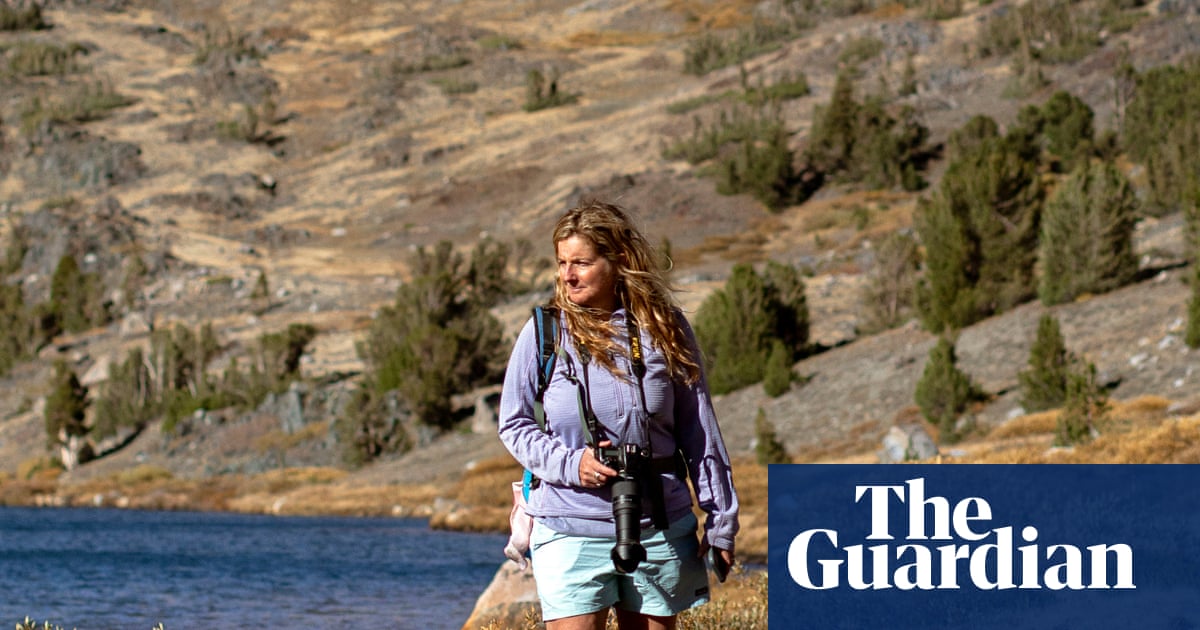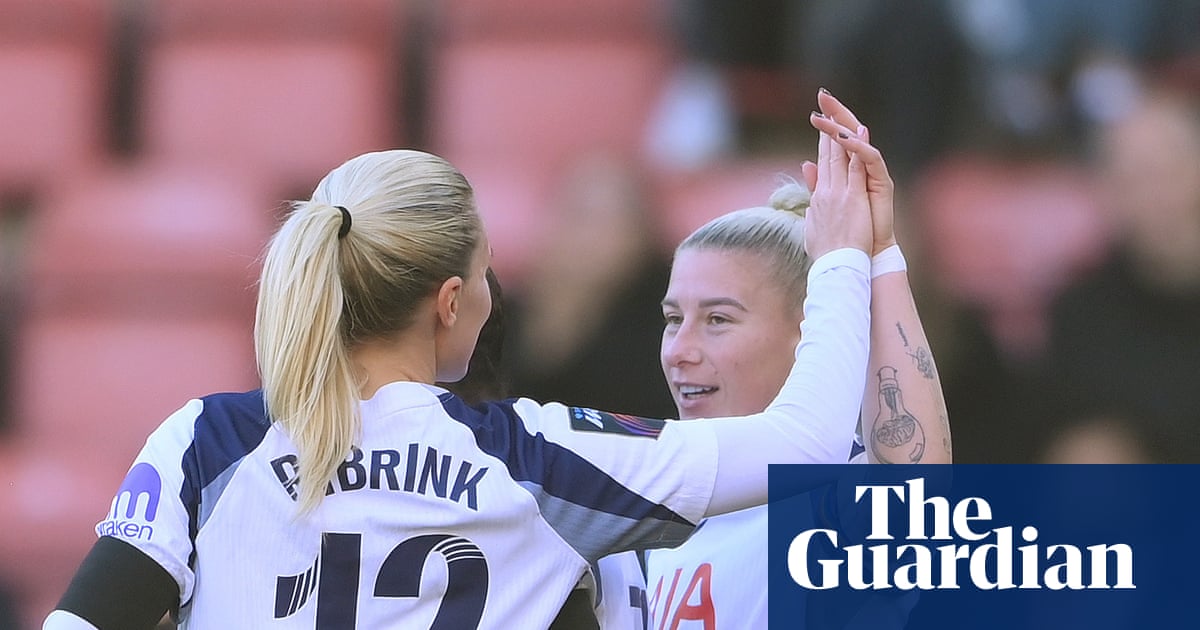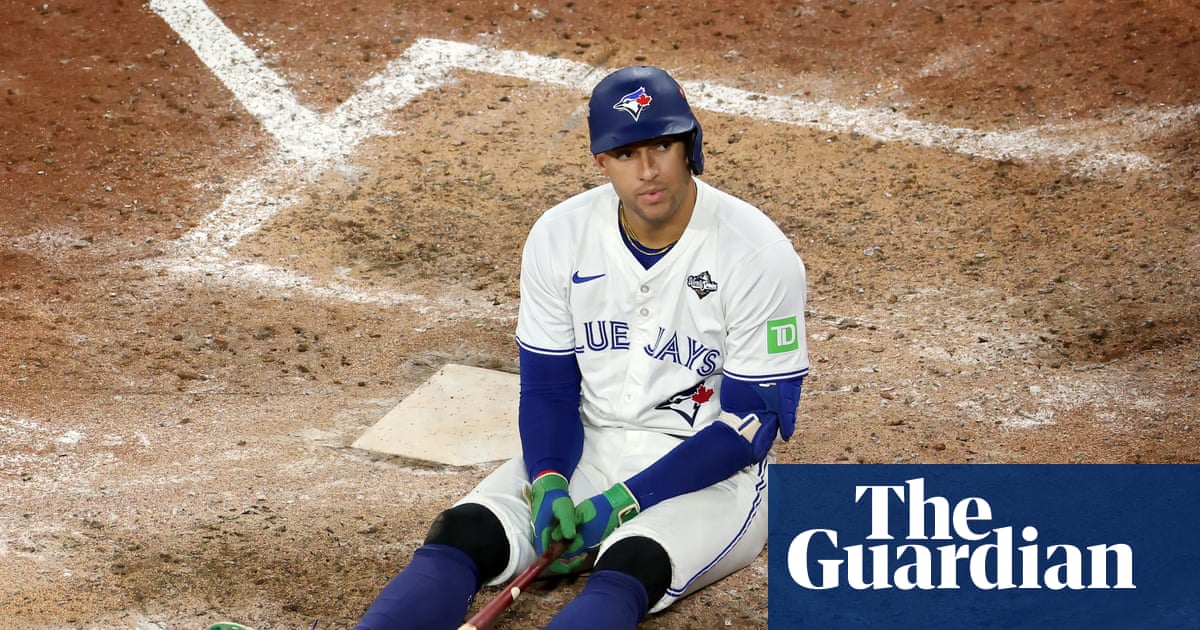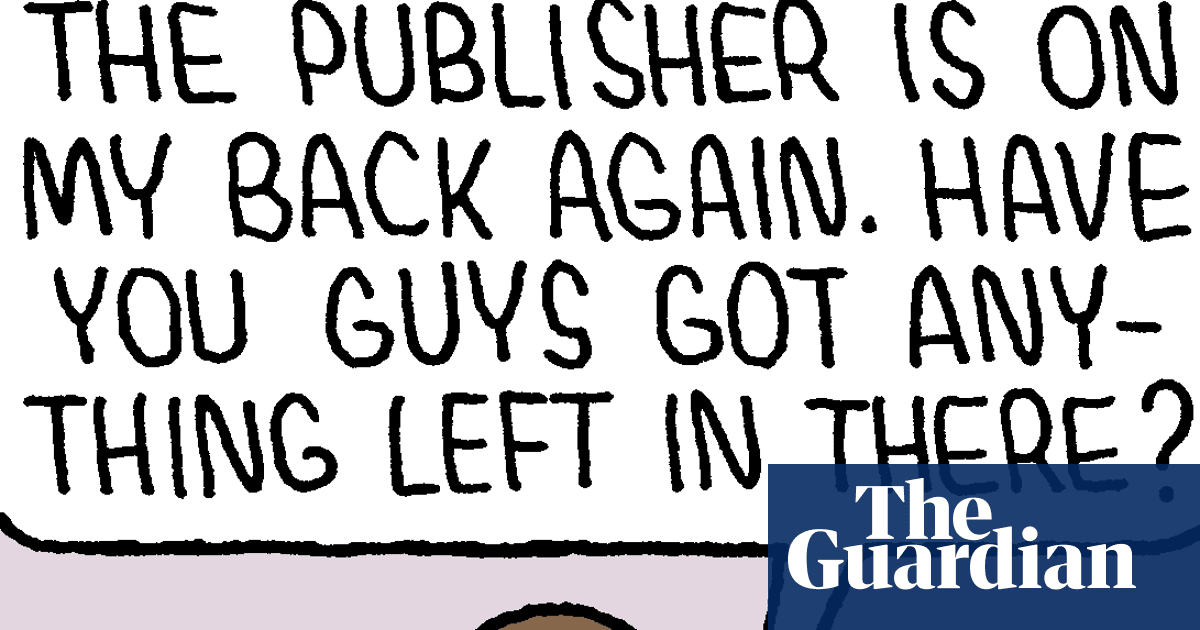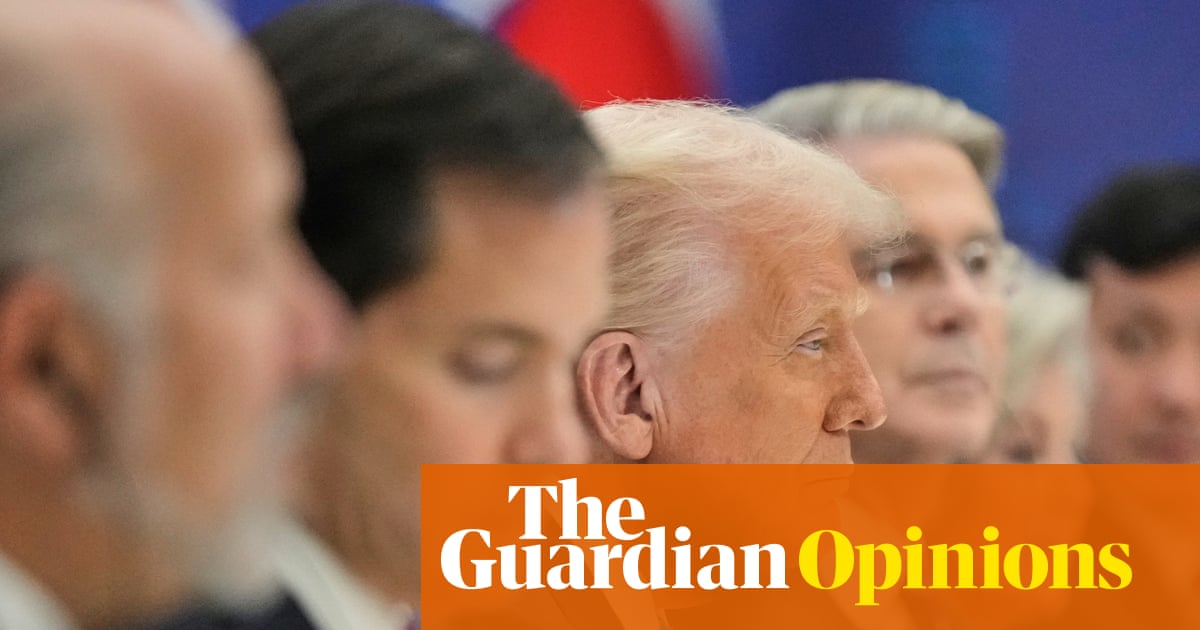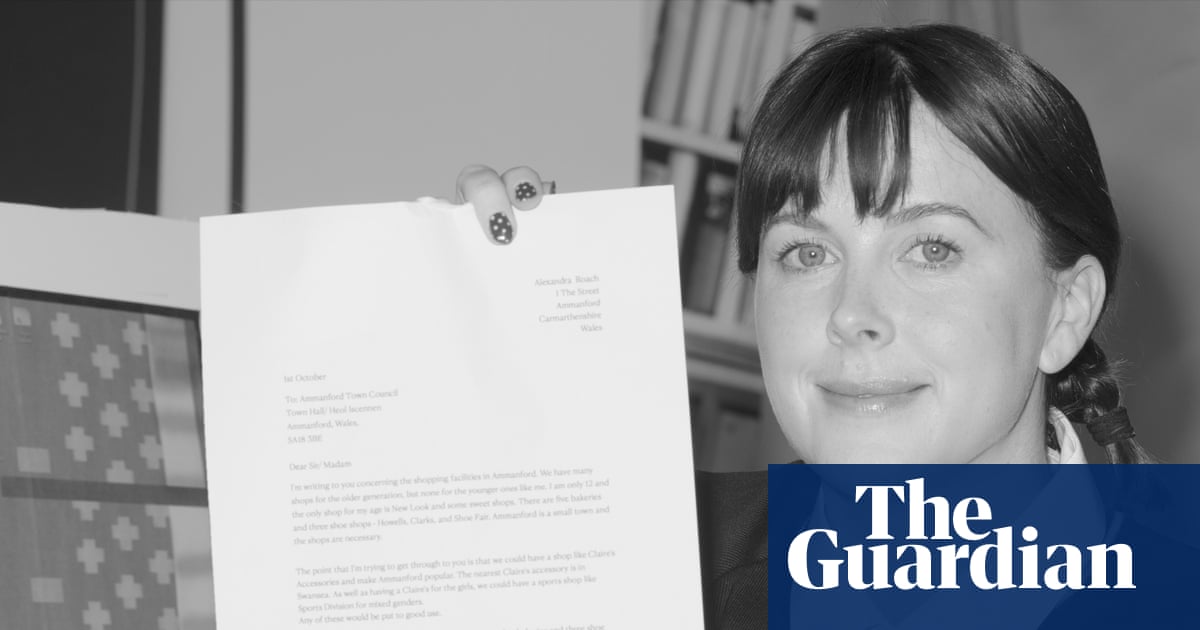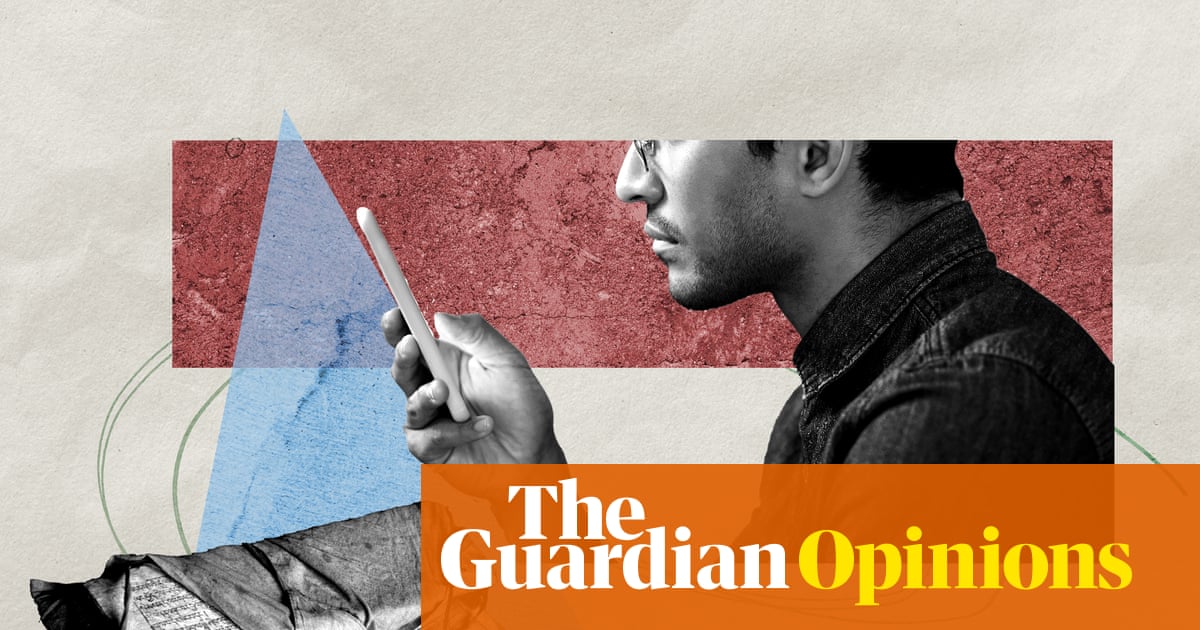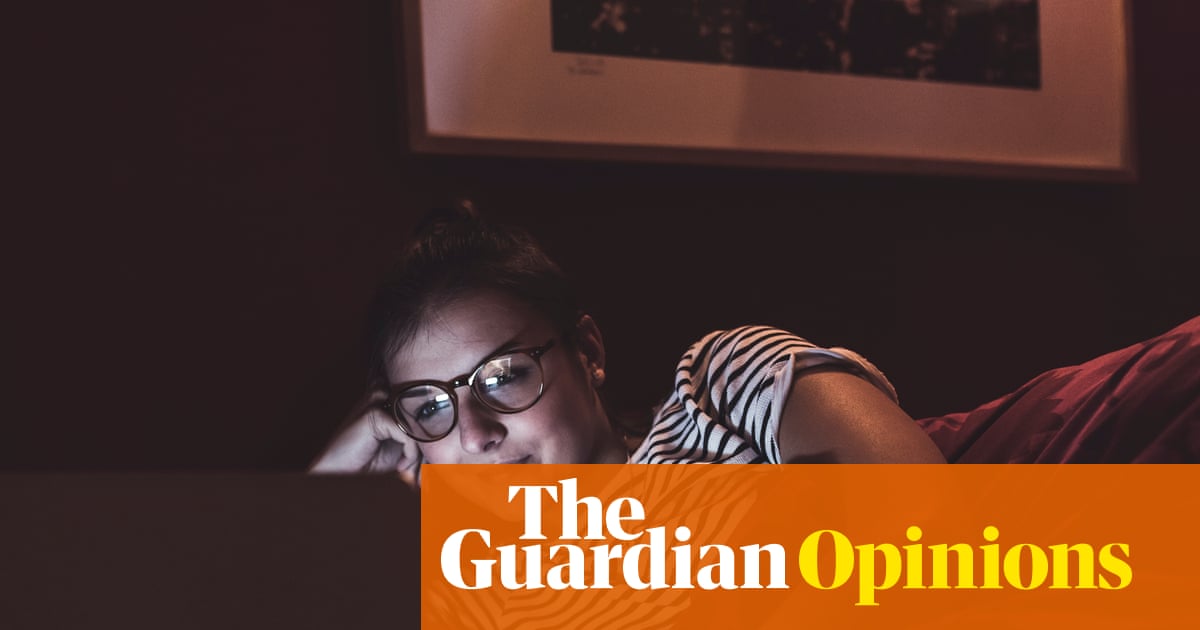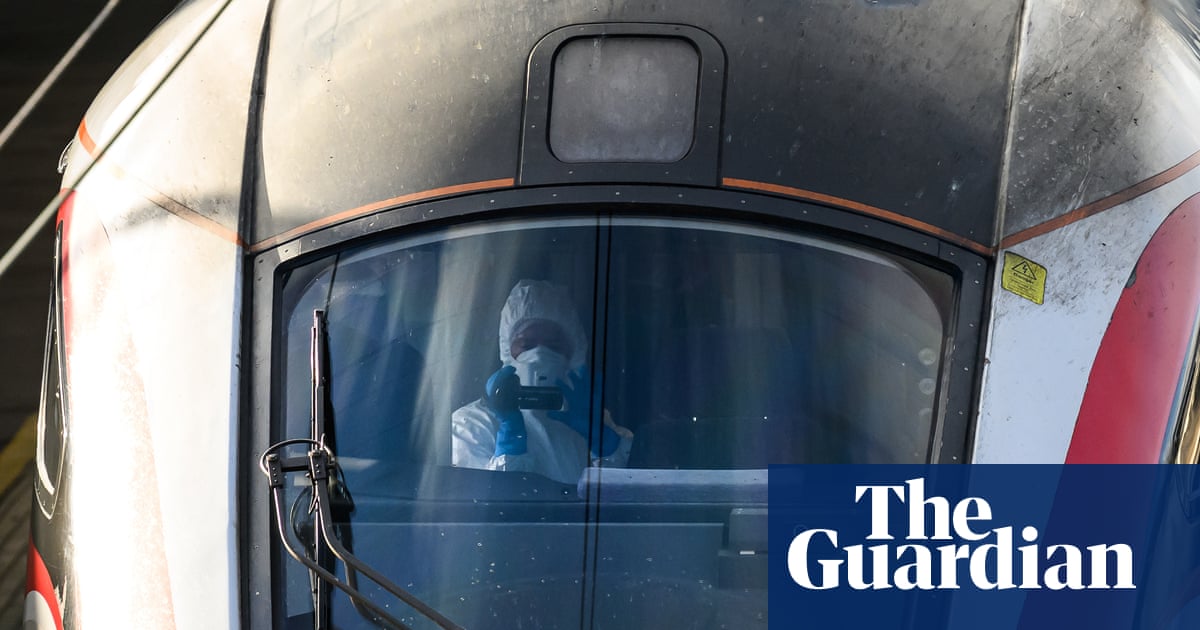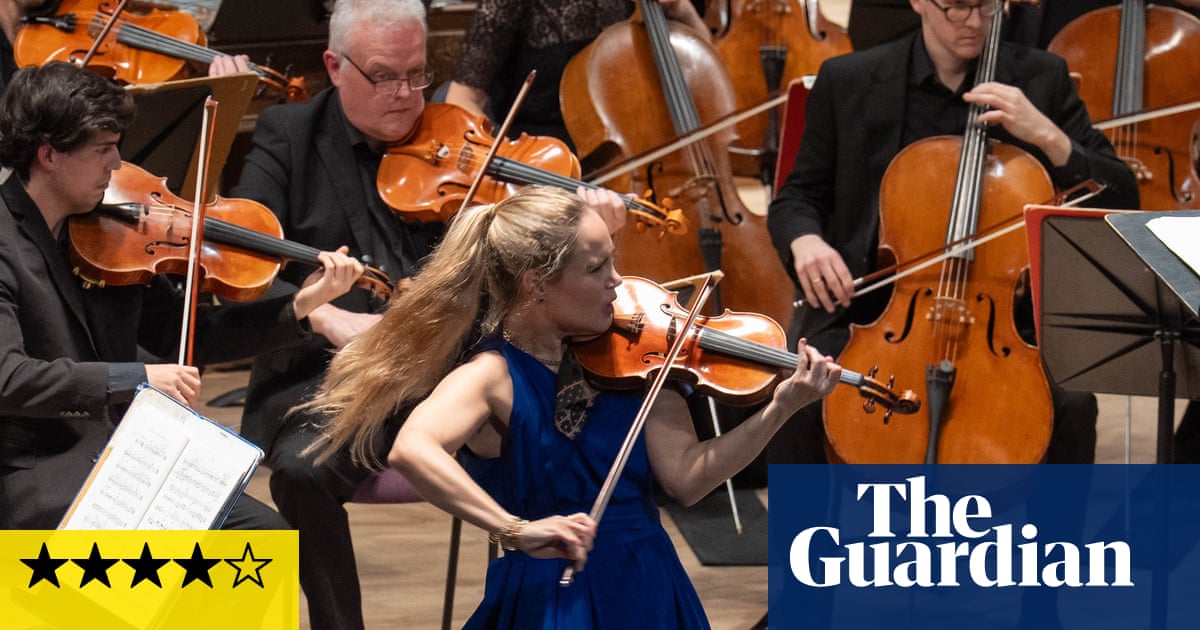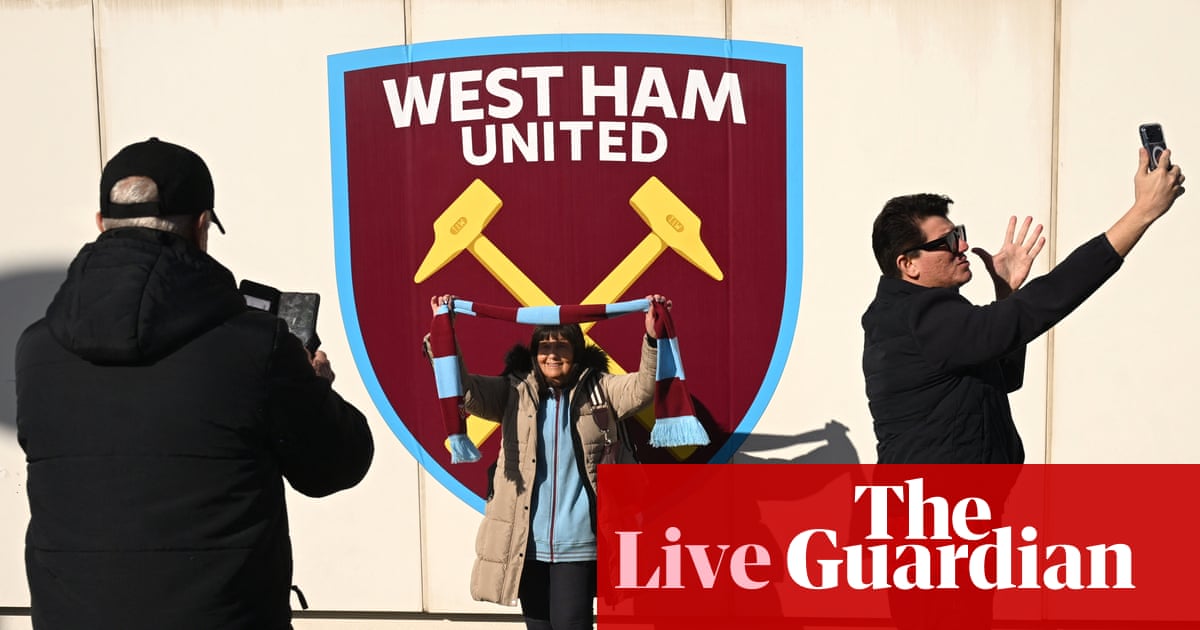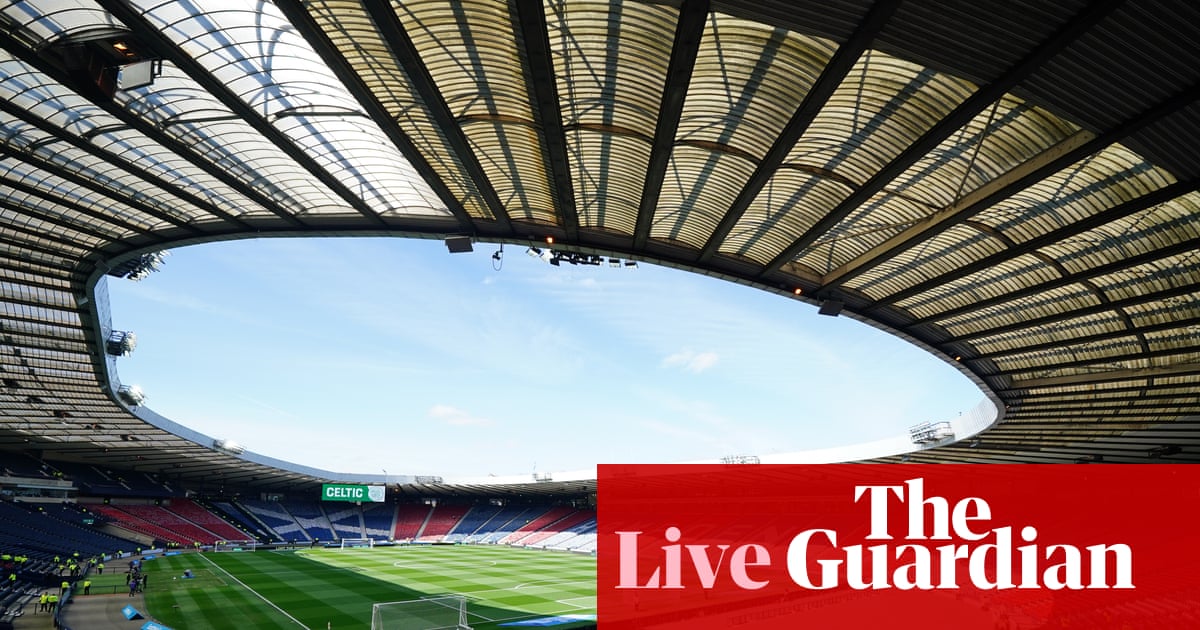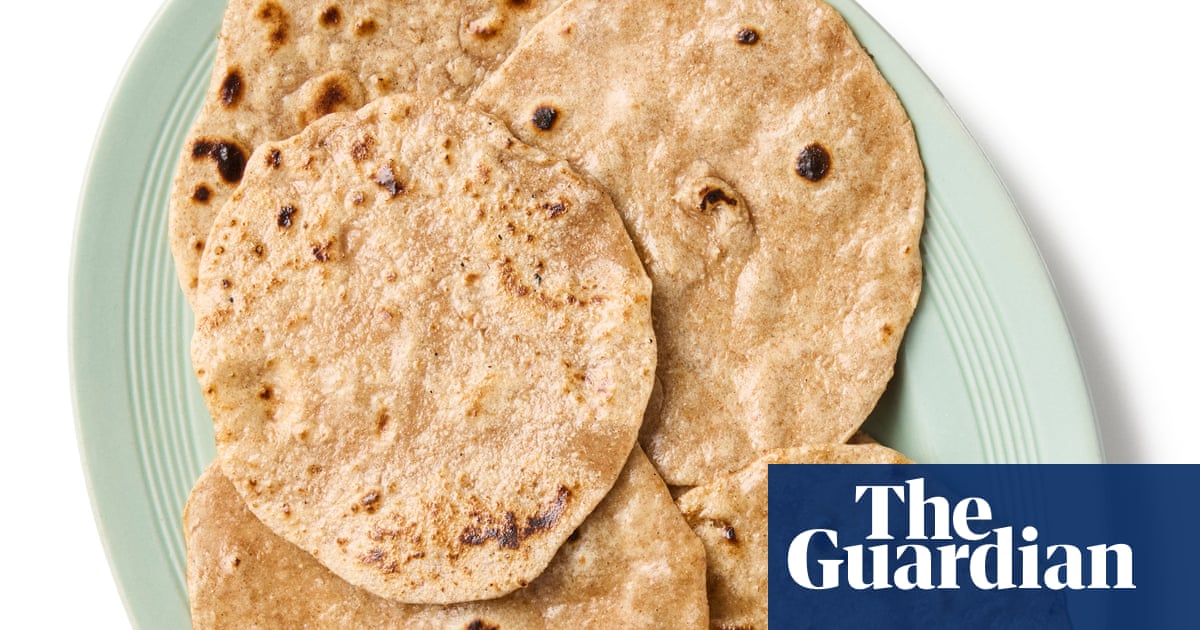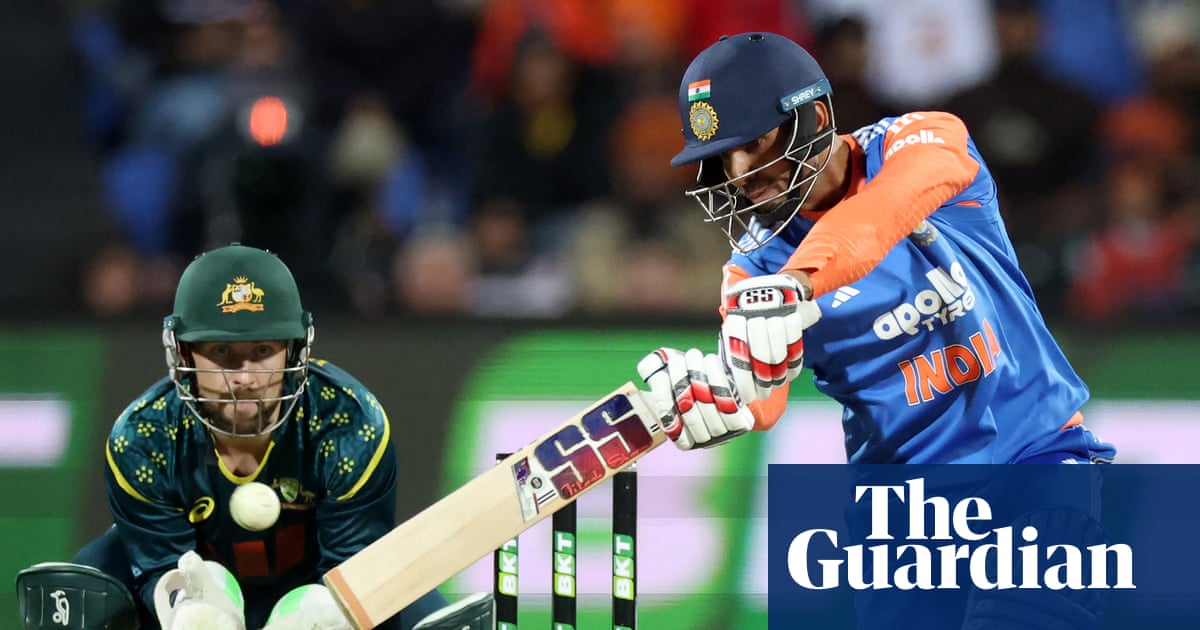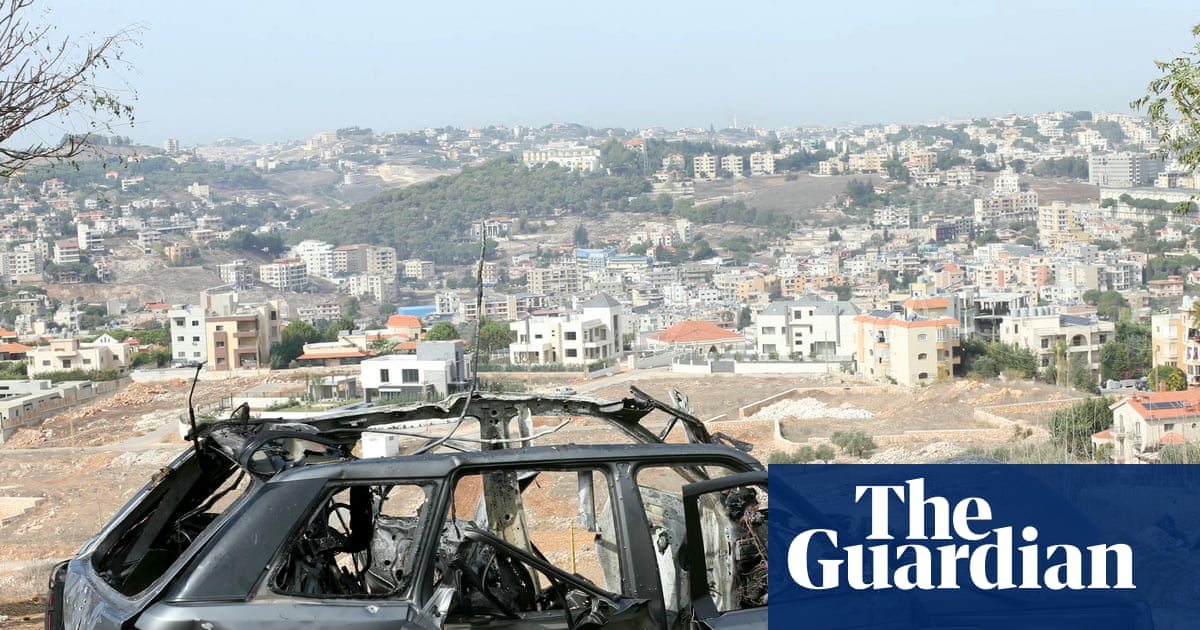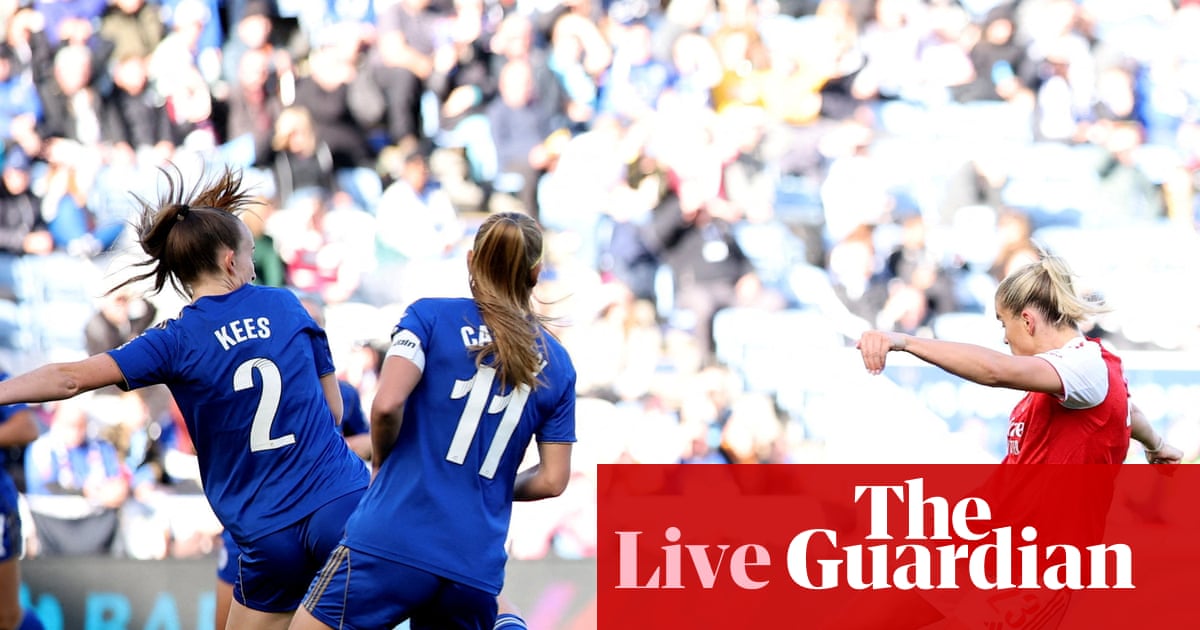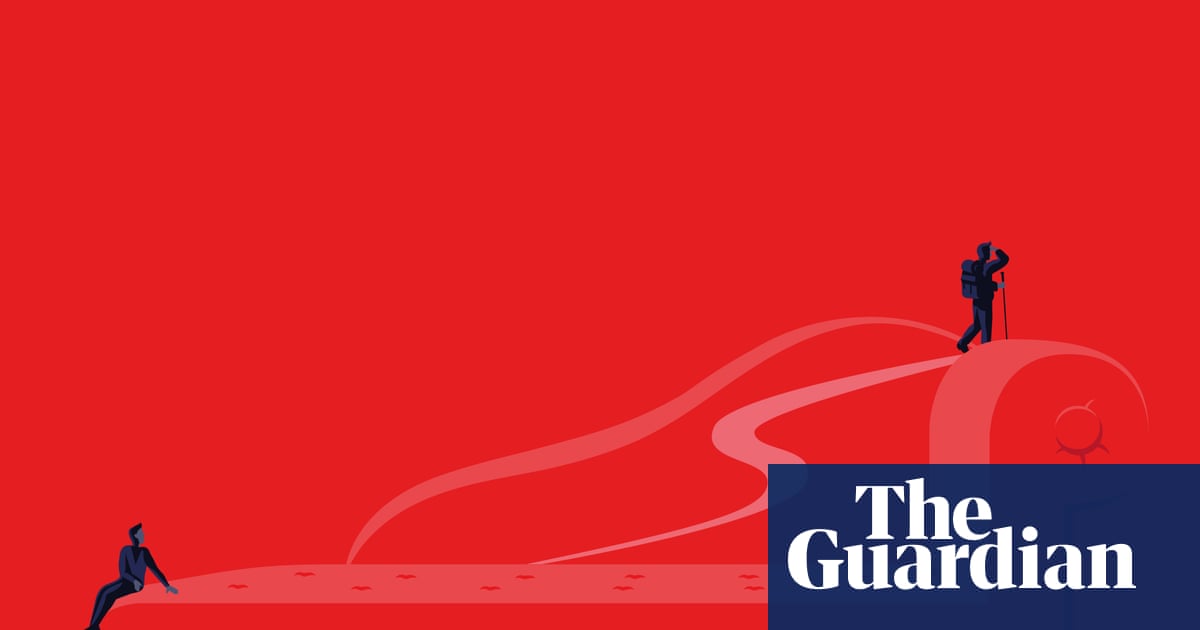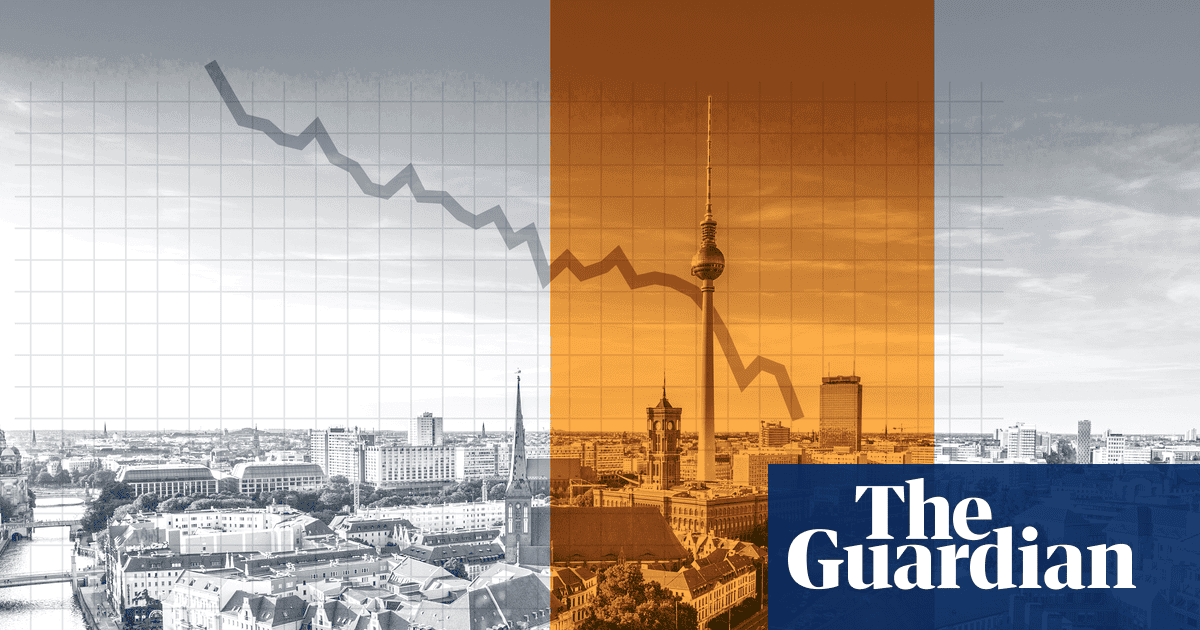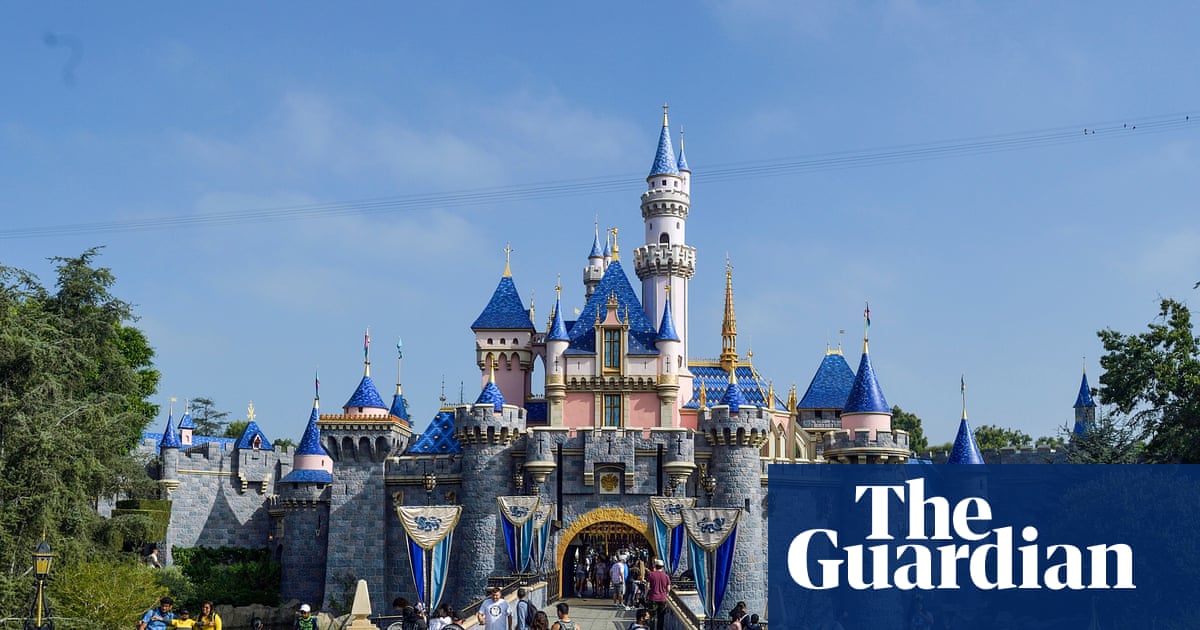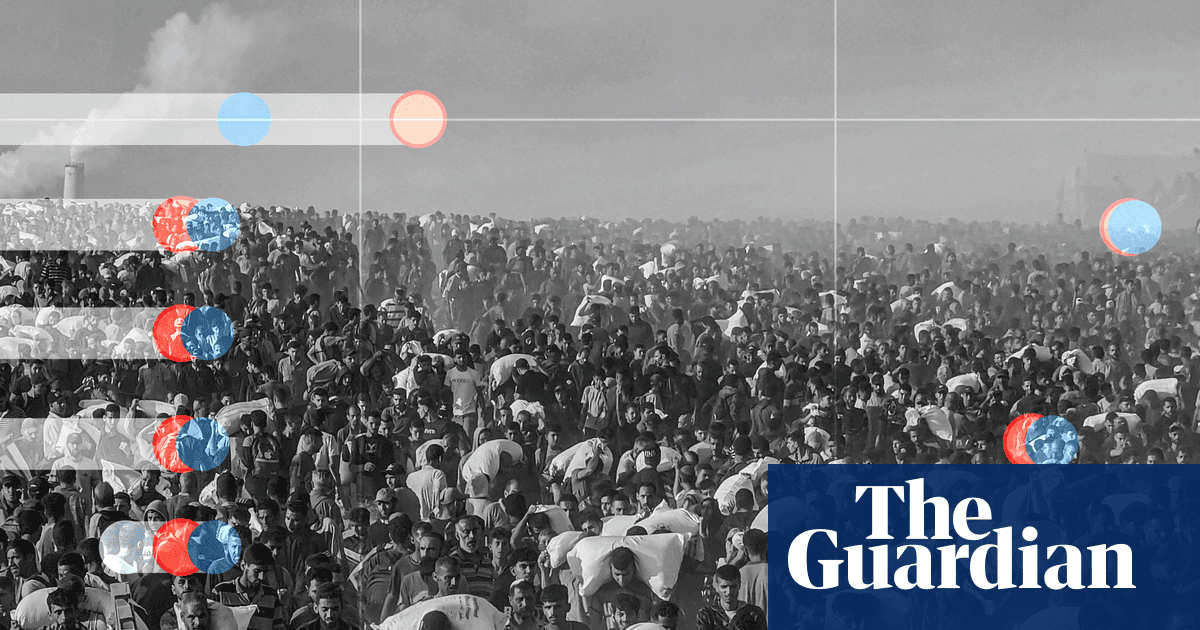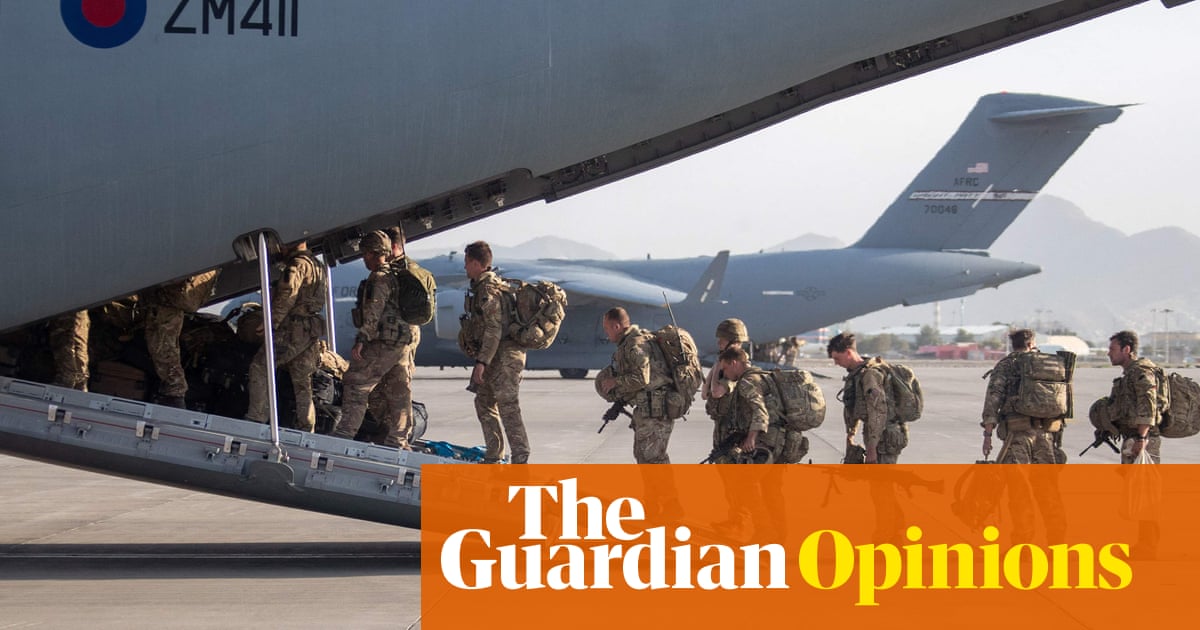A Florida jury ordered Tesla to pay $329m to victims of a deadly crash involving its Autopilot driver assist technology.
Friday’s verdict is a hit for Elon Musk’s car company, as it opens the door to other costly lawsuits and could potentially strike a blow to Tesla’s reputation for safety at a critical time for the company.
And the decision has been closely eyed by other car companies, as they work to develop cars that increasingly drive themselves.
The federal jury in Miami held that Tesla bore significant responsibility for the crash because its technology failed and that not all the blame can be put on a reckless driver, even one who admitted he was distracted by his cellphone before hitting a young couple out gazing at the stars.
The decision comes as Musk seeks to convince Americans his cars are safe enough to drive on their own as he plans to roll out a driverless taxi service in several cities in the coming months.
The decision ends a four-year-long case remarkable not just in its outcome, but in the fact that it even made it to trial. Many similar cases against Tesla have been dismissed and, when that didn’t happen, the company settled to avoid the spotlight of a trial.
“This will open the floodgates,” Miguel Custodio, a car crash lawyer not involved in the Tesla case told the Associated Press. “It will embolden a lot of people to come to court.”
The jury found that Tesla was 33% responsible for the crash that led to the death of 22-year-old Naibel Benavides Leon and injured her boyfriend, Dillon Angulo. The rest of the blame was placed on the driver, George Brian McGee.
In his closing statements, Brett Schreiber, who represented the plaintiffs, accused Tesla of exaggerating the capabilities of its Autopilot technology and said that the company knew the autopilot function increased the likelihood its drivers would be distracted, according to the Washington Post.
“The car they claimed to have invented didn’t exist,” Schreiber said during closing arguments on Thursday. “They knew all along that the Autopilot was defective.”
“I trusted the technology too much,” McGee, the driver, said at one point in his testimony. “I believed that if the car saw something in front of it, it would provide a warning and apply the brakes.”
Lawyers for Tesla argued in court that no car could have prevented the crash because the driver had been “reckless” and “aggressive”, according to the New York Times.
Schreiber acknowledged that McGee was negligent when he blew through flashing lights, a stop sign and a T-intersection at 62mph before slamming into a Chevrolet Tahoe that the couple had parked to get a look at the stars.
The Tahoe spun around so hard it was able to launch Benavides 75ft through the air into nearby woods where her body was later found. It also left Angulo, who walked into the courtroom on Friday with a limp and cushion to sit on, with broken bones and a traumatic brain injury.
The case also included startling charges by lawyers for the family of the deceased and Angulo. They claimed Tesla either hid or lost key evidence, including data and video recorded seconds before the accident.
Tesla has previously faced criticism that it is slow to produce crucial data by relatives of other victims in Tesla crashes, accusations that the car company has denied. In this case, the plaintiffs showed Tesla had the evidence all along, despite its repeated denials, by hiring a forensic data expert who dug it up. Tesla said it made a mistake after being shown the evidence and honestly had not thought it was there.
Tesla said it would appeal the verdict. “Today’s verdict is wrong and only works to set back automotive safety and jeopardize Tesla’s and the entire industry’s efforts to develop and implement life-saving technology,” the company said in a statement. Tesla did not immediately respond to a request for comment.
The verdict may place a damper on the company’s ambitions to launch a driverless car-sharing service across the US. Musk has made several ambitious pronouncements about when the Robotaxi service will be available to Americans. Most recently, on Tesla’s earnings call, Tesla’s CEO said that he expected the car-sharing service to be available to half the US population by the end of this year.
Already, Tesla has launched tests of the Robotaxi service in Austin and San Francisco. In the test phase, the cars still require a driver in the vehicle.

 3 months ago
46
3 months ago
46
